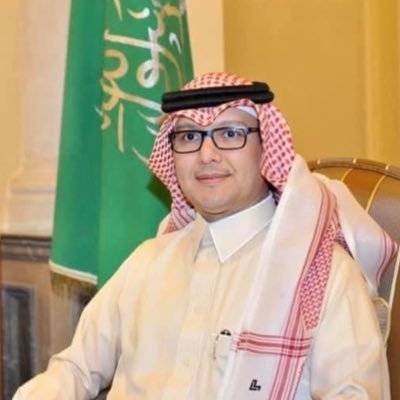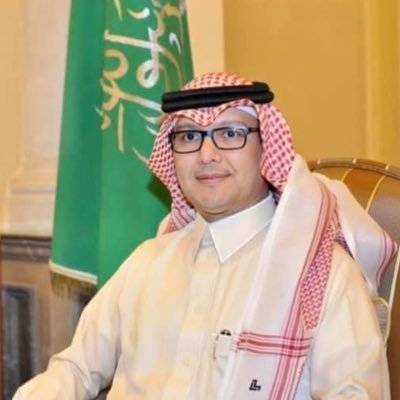As the pace of registering electoral lists accelerates, with the deadline set for tomorrow evening, Monday, the International Monetary Fund (IMF) delegation continues its meetings with the Lebanese negotiating team. The delegation is engaged in communications and meetings with Lebanese officials, racing against the elections and the possibility of reaching an agreement before them. In this context, financial sources summarized to "Al-Anbaa" electronic that these communications are taking place on two fronts: technical and political.
The technical front is limited to the Lebanese negotiating team, which includes Deputy Prime Minister Saadeh Al-Shami, Minister of Finance Youssef Khalil, Minister of Economy Amin Salam, and Central Bank Governor Riad Salameh. All of them are connected, in one way or another, to the IMF and specifically the World Bank.
The sources indicated that the issue does not lie with the negotiating team, which previously informed the IMF delegation of its inability to act; rather, the problem lies elsewhere—with the political leaders. Hence, the importance of the visits the IMF delegation is making to the officials and politicians, knowing that the IMF only negotiates with governments.
The sources revealed that the IMF delegation aims to inform political leaders of the need to facilitate the negotiation team’s mission and to approve the necessary reforms, with capital control at the forefront. In doing so, they want to put the leaders before their responsibilities, suggesting that the delegation intends to send tough messages to those concerned, considering that the borrowing process cannot be done through procrastination and requires bold decisions.
Moreover, the sources did not rule out that if the elections favor the resistance team, this team might appoint a central bank governor supportive of it, potentially causing issues with the West and increasing Lebanon's isolation, hindering its ability to secure the required assistance. They also dismissed the likelihood of achieving a preliminary agreement with the IMF before the parliamentary elections, as this is linked to knowing the fate of capital control and whether President Nabih Berri would call for a legislative session to approve it.
Independent Center Bloc member MP Ali Darwish confirmed in an interview with "Al-Anbaa" electronic that negotiations with the IMF are proceeding at a rapid pace, and there is seriousness in the negotiation process. A general framework for the reforms has been set, which will be completed through the recovery plan. He expects to sign the preliminary agreement in the near future and mentioned a close intent to expedite the matter, knowing that it requires a set of decisions from the legislative and executive authorities.
On another front, Beirut is witnessing active diplomatic movements in preparation for the return of Saudi Ambassador Walid Bukhari. It was notable that he contacted President Fouad Siniora, which carries implications on the eve of the electoral encounter that Siniora and the sovereign forces in the country are facing against the void that the resistance team strives to exploit and seize.
Darwish considered that Bukhari's return is a key to the return of all Gulf ambassadors to Lebanon, confirming that his return to Lebanon is very close. He added, "The indications so far are good, and there is renewed communication with some diplomats. Things are progressing normally since Saudi Crown Prince Mohammed bin Salman contacted Prime Minister Mikati, and matters are heading in a better direction. The return of the Gulf ambassadors to Lebanon is welcome at any time, but the indications suggest that it is not far off."
With the closing hours approaching for the registration of lists by midnight tomorrow, the electoral scene will be clearer, especially regarding the need to rally sovereign voices in the country and to convince the Lebanese of the necessity to participate in voting for the future of their country and to safeguard its sovereignty against further dissolution into foreign agendas that threaten to destroy it and its economy and relationships with Arab countries.




